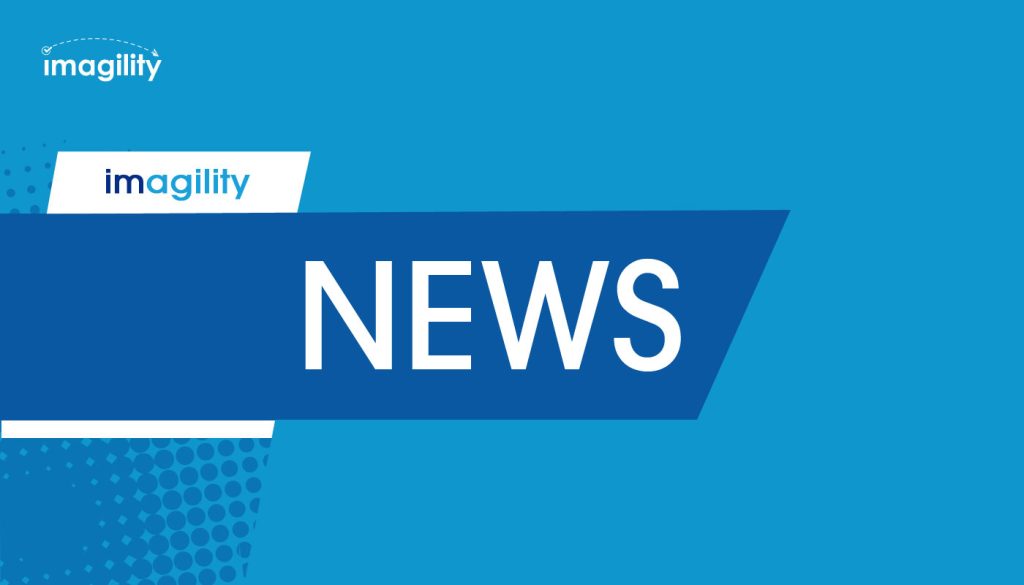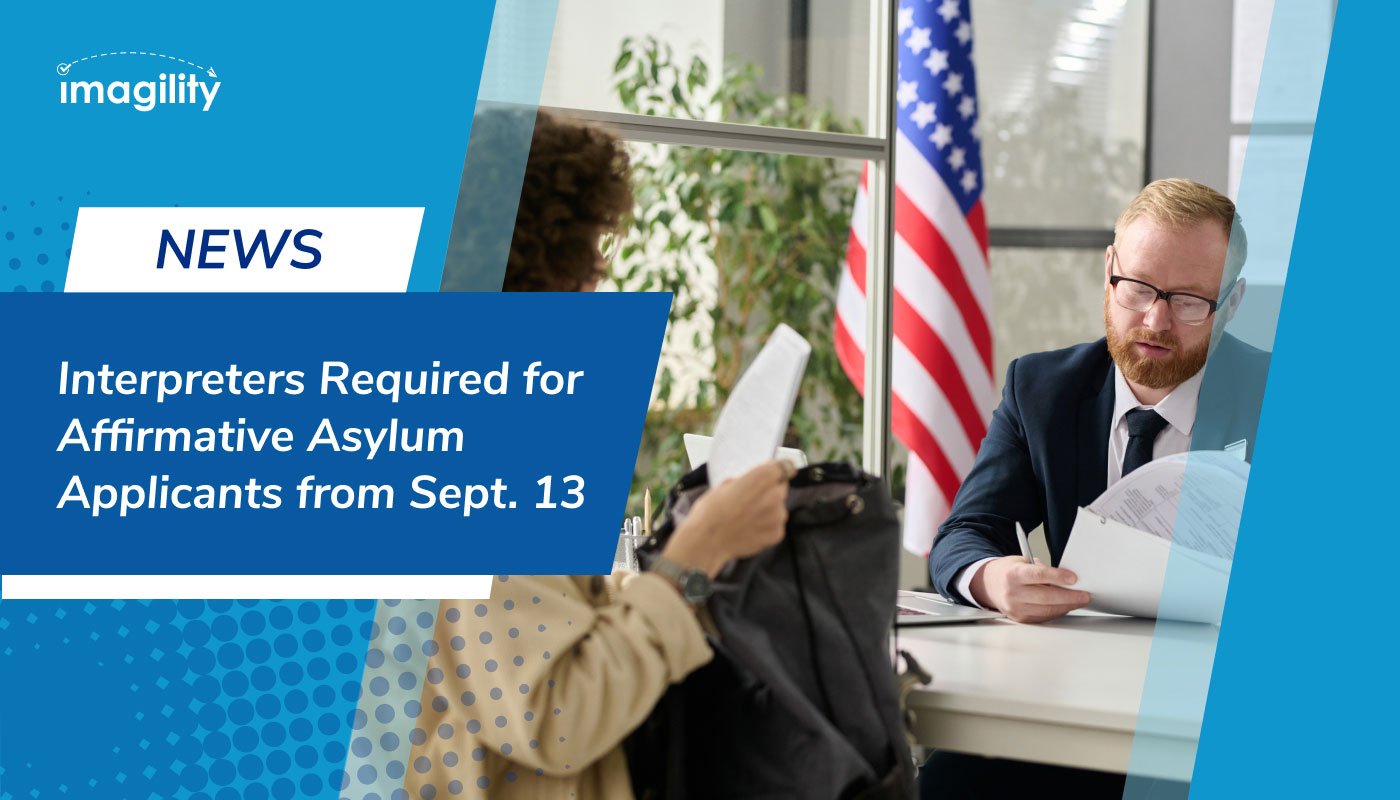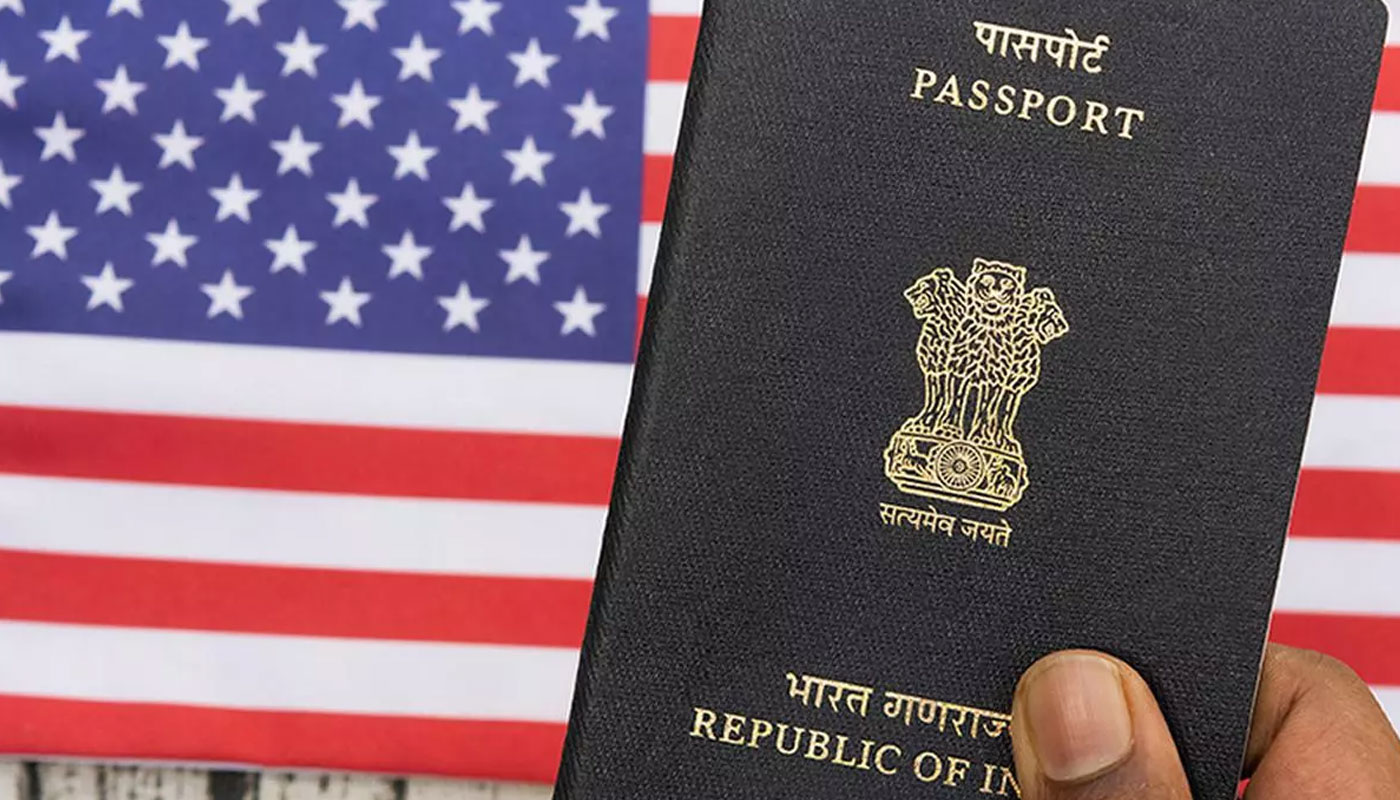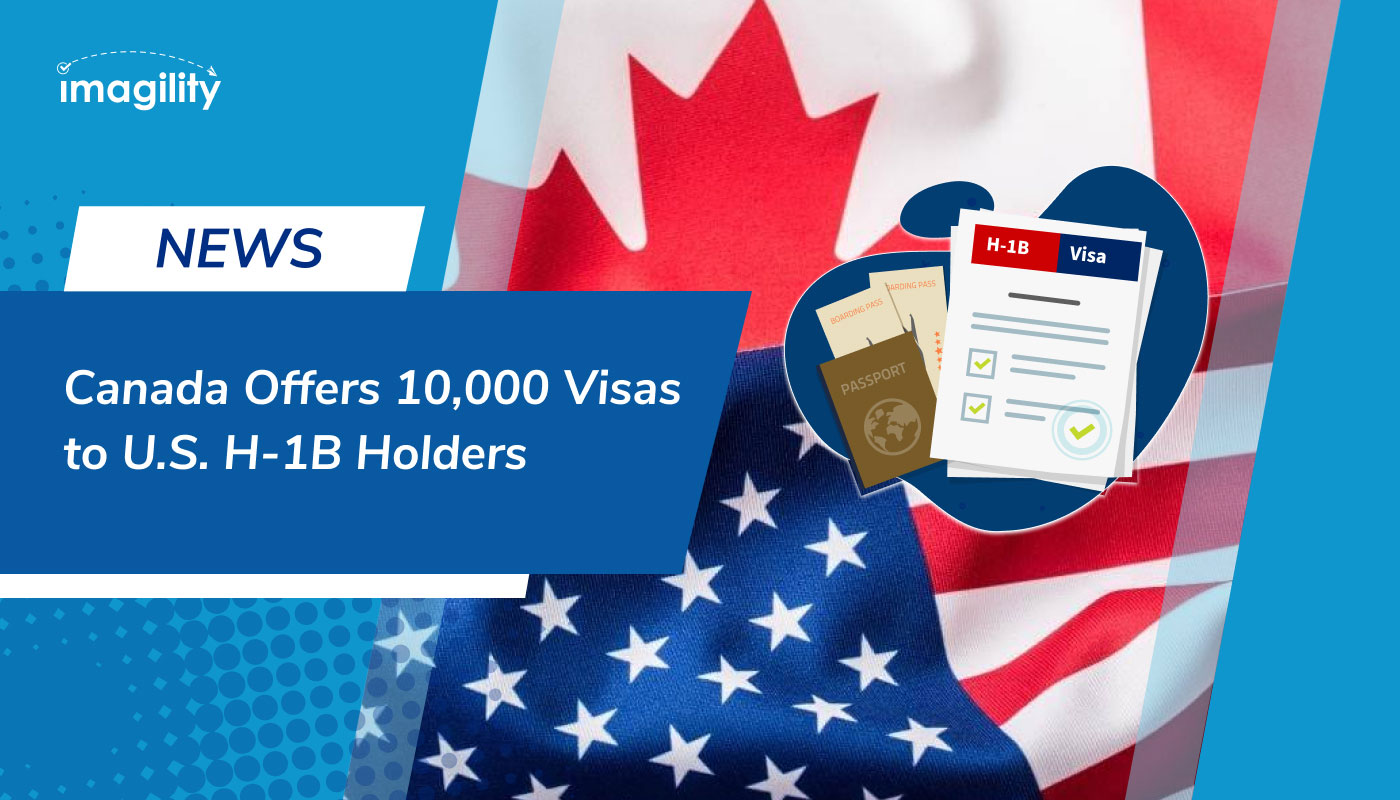The U.S. Department of State has introduced a transformative initiative, “Welcome Corps on Campus,” allowing American universities and college students to sponsor refugees. This policy, announced in July 2023, aims to streamline the process for refugees seeking educational opportunities in the United States, circumventing the challenges posed by F-1 visas and travel documents.
In January 2023, the Biden administration unveiled the Welcome Corps initiative, enabling private citizens to sponsor refugees. A stark departure from the previous administration’s stance, the Trump era witnessed an 86% decline in U.S. refugee admissions between FY 2016 and FY 2020. The new policy seeks to address barriers faced by young refugees in accessing U.S. higher education due to stringent immigration laws.
The intricate F-1 visa requirements demand international students prove financial capability and a commitment to maintaining a residence outside the U.S. This poses challenges for young refugees in camps aspiring to pursue higher education. The recent policy shift acknowledges the unique circumstances of refugee students, emphasizing that they cannot return to a home country amid conflict or unstable conditions.
Refugees admitted to the U.S. through educational avenues benefit from resettlement, obviating the need for an F-1 visa and addressing travel document challenges. According to U.S. law, refugees typically attain permanent residence (a green card) a year after entry, with citizenship eligibility five years later.
Universities sponsoring refugees ensure coverage of education and living costs for at least a year, with the potential for additional assistance. Given that only 6% of refugees outside their home countries have access to college, this initiative presents an opportunity to tap into unrealized human potential.
The inaugural beneficiaries of the Welcome Corps on Campus initiative are expected to be students from Kenya and Jordan, with enrollment commencing in the fall of 2024. Julieta Valls Noyes, assistant secretary of state for population, refugees, and migration, anticipates program expansion to enable universities to refer specific students meeting refugee standards.
Addressing concerns about refugees integrating into American society, recent research dispels fears, showing refugees’ strong desire to succeed and contribute to their families. Labor economist Mark Regets’ study over 30 years found that refugees experienced a 70% increase in earnings over a decade, surpassing the 25% increase for U.S.-born workers.
The Georgetown University event sponsored by the Welcome Corps on Campus consortium featured stories of successful refugee journeys. Jacquelyn Pilch, who oversees Welcome Corps at the State Department, highlighted the potential benefits for U.S. students, exposing them to diverse lives and cultures. Pilch emphasized the program’s potential to foster understanding and empathy among American students.
The initiative aligns with the Biden administration’s approach to empower individual Americans in refugee sponsorship, a departure from conventional government-centered policies. Underlining the success of similar efforts, such as Uniting for Ukraine, which allowed Americans to financially sponsor Ukrainian parolees, the administration’s focus on individual empowerment emerges as a noteworthy policy initiative.
Source: Reason



















